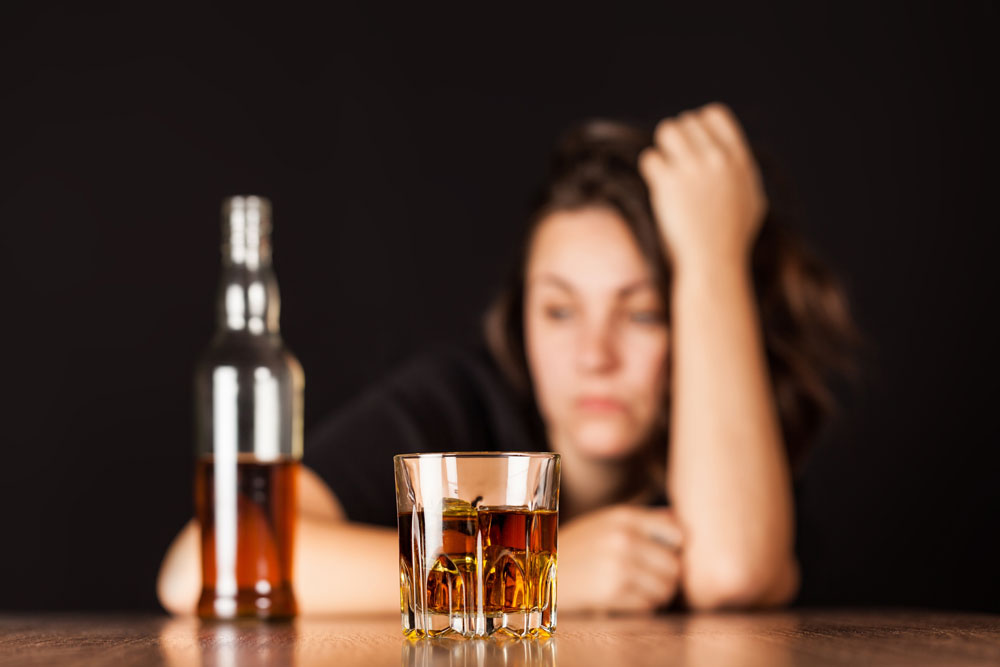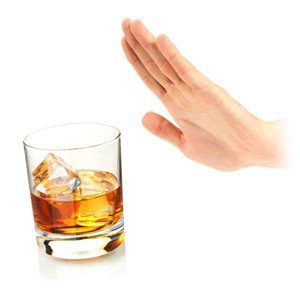Understanding Alcohol Dependence
Overview
Alcohol withdrawal is a big deal! Hundreds of thousands of men and women suffer from Alcohol dependence all over the world. They have been dependent on alcohol for so long that alcohol withdrawal, when consumption is stopped, is acute and dangerous, as it can result in seizures! In high-quality, trusted Alcohol Rehabs in New Jersey, patients go through time-tested treatment protocols to help them mitigate withdrawal symptoms, address cravings and enter recovery. Entering treatment for alcohol dependence is the surest way to enter recovery.
- Dependence on alcohol is physical as well as psychological. Alcohol can change brain functioning by altering dopamine reward systems in ways that leave the person chemically dependent on alcohol. Also, alcohol is used as a coping mechanism and people become psychologically dependent on alcohol to deal with stressors.
- As with all addiction, cravings for alcohol is progressive in nature. As with other substances, tolerance develops over time – a higher quantity of alcohol is needed to achieve the same high.
- While anyone can get addicted to alcohol, genetics is a pre-disposing factor.
- Over 14 million adults in America suffer from Alcohol Use Disorder, or alcohol dependence.
- One in 14 adults suffering from alcohol use disorder received treatment for alcohol withdrawal and alcohol dependence.
Alcohol Withdrawal Symptoms

After a period of heavy alcohol abuse, the body becomes chemically dependent on alcohol. Stopping alcohol use abruptly can lead to severe acute withdrawal symptoms, including seizures and stroke. Consequently, an individual afflicted by an addiction to alcohol must seek medically monitored detoxification when they stop consuming alcohol.
Alcohol withdrawal symptoms can be treated effectively at many Alcohol Rehabs in New Jersey. Some milder alcohol withdrawal symptoms include:
- Sweats
- Insomnia
- Tremors
- Headaches and/or migraines
- Fatigue
- Nausea
- Anxiety
More acute alcohol withdrawal symptoms include:
- Extreme fever
- High blood pressure
- Delirium Tremens, or DTs
- Inconsistent heartbeat and/or heart-related issues
- Confusion and/or disorientation
- Seizures
Alcohol Dependence and Genetics
An addiction to alcohol and alcohol dependence have a genetic component. As per WebMD, a person’s risk of becoming dependent on alcohol is 3-4 times greater if a parent has an issue with alcohol. Other factors, such as peer pressure, mental illness, etc., also play a role.
A thorough psycho-social evaluation, coupled with the quantification of withdrawal using withdrawal scales leads to determination of treatment. Oftentimes, withdrawal levels are serious enough to raise the risk of seizures or stroke.
That is why an individual suffering from alcohol dependence should seek treatment immediately. Sadly, most individuals addicted to alcohol go through a denial phase where they do not see their alcohol use as a problem.
Identifying Alcohol Use Disorder
Tolerance to alcohol increases over time and most individuals refuse to acknowledge that alcohol use is a problem. Use of alcohol has crossed over from casual social drinking to alcohol dependence when a person is unable to stop alcohol consumption despite negative consequences. Alcohol use is a problem is it:
- Negatively impacts relationships
- Is used to cope with stress
- Leads to financial distress or job loss
- Causes an increase in risky behavior
- Produces tremors when consumption is stopped abruptly
Talking About Alcohol Abuse in a Non-Judgmental Manner
If your loved one has issues with alcohol, it is important to broach the subject in a non-judgmental manner. Instead of saying. “You are an alcoholic!” try, “You may have issues with alcohol.” Do not conclude that the individual has a problem with alcohol on your own. The individual affected by alcohol may also be more open to suggestions from an objective third party. The goal is to not make the person defensive but encourage him or her to engage with treatment professionals. Try to get a substance abuse treatment professional involved so that they can do a professional assessment.
Conclusion
Nobody plans to get addicted. Dependence on alcohol may develop due to many reasons. The recent Mental Health Day opened up dialogues about alcohol dependence, alcohol withdrawal and alcohol treatment in the context of individuals using alcohol to self-medicate for mental health issues.
Addiction is a chronic disease and there should be no stigma associated with the disease. Addiction is not a moral shortcoming or a behavioral problem. The functioning of the brain changes and keeps the cycle of addiction going. A non-judgmental approach and utilization of outpatient treatment modalities will help to vastly reduce the stigma around addiction and enable more people to access treatment in a timely manner. Most alcohol rehabs in New Jersey have professional staff that view addiction as a disease and facilitate access to treatment in a non-judgmental manner.
So, don’t wait! Reach out NOW!
Related Articles
Dangers an alcohol body need to be aware of



